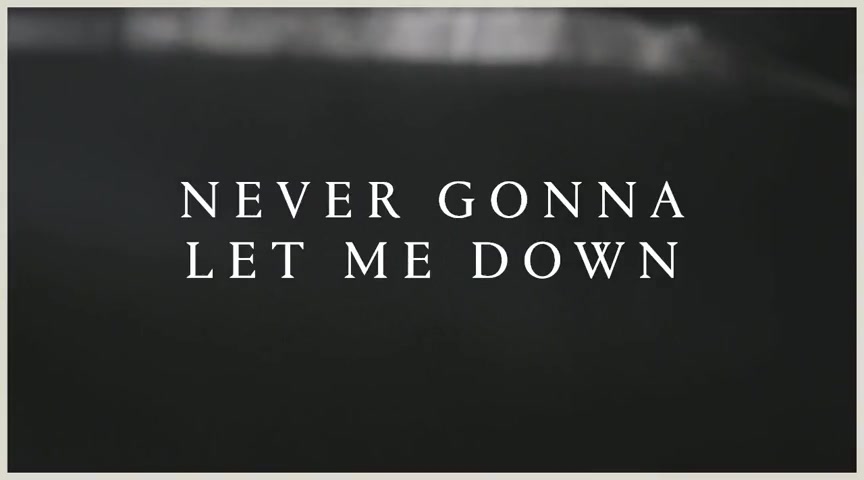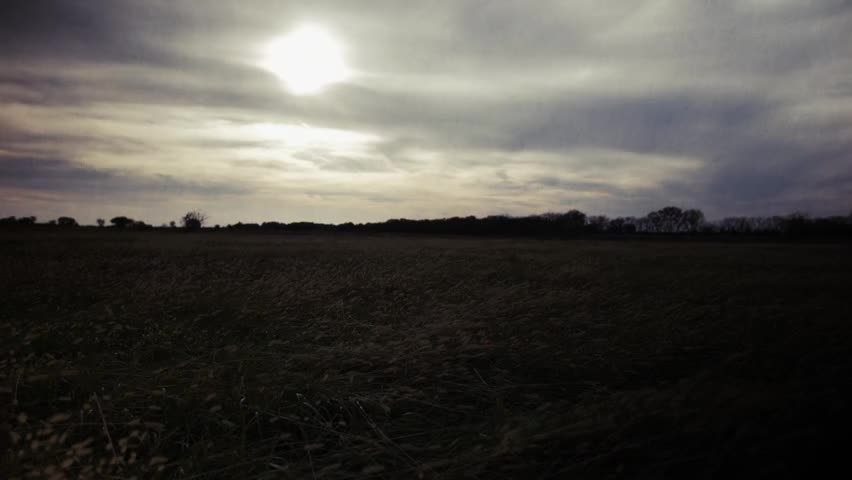
Here are 5 tips that I suggest will help you to become a better steward of what God has entrusted to you.
Be Faithful in Little
If you only have little to give, you can at least be faithful in that. Like the poor widow who only had two copper coins to give, she gave all that she had and thus, she gave more than all the others. Jesus said as much by saying “Truly, I say to you, this poor widow has put in more than all those who are contributing to the offering box. For they all contributed out of their abundance, but she out of her poverty has put in everything she had, all she had to live on” (Mark 12:43-44). It’s not the amount you gives but the sacrifice that you make. It is proportional in other words. Some people who have little can give more than those who have much who give much so if you only have little, give what you can because “One who is faithful in a very little is also faithful in much, and one who is dishonest in a very little is also dishonest in much” (Luke 16:10).
Be Consistent
Our associate pastor doesn’t make much money but he gives 10% plus off the top (that would be gross) but it is amazing how God has blessed him. He trusts God to provide for his needs and God always has. The thing about Richard is that he is consistent. He never misses tithing on anything that he receives and incredibly, sometimes he is blessed the very same day he tithes. One day he tithed in church and on the very same day, after church, he received a hundred dollars, totally unexpectedly. God blesses those who are generous and those who are consistent show their perseverance of trust in God. He doesn’t tithe out of an Old Testament legalistic way but he sets a goal of 10% + and God has blessed him each and every time.
Think of Who Owns Everything
Do you really think you are the owner of anything at all? The psalmist tells us Who the owner really is in Psalm 24:1 “The earth is the Lord's and the fullness thereof, the world and those who dwell therein.” The way the Hebrew is originally written is like this; “The earth is the Lord's and all that fills it” so that narrows down the ownership of all things as God and what is owned on the earth? “All that fills it” so that means absolutely everything and there is no exception because it even includes “those who dwell therein” and that would include us. So God owns all there is, meaning us too, so if we are to be good stewards we must think about this; it’s not really ours, it’s God’s to begin with and He has made us stewards so we should be careful in the way that we spend “His” resources. Like the Parable of the Talents, God has given each of us differing amounts of talents (Matt 25:15) and we are expected to use these and multiple them for the master (Matt 25:16-17) and the point of the parable is “to everyone who has will more be given, and he will have an abundance. But from the one who has not, even what he has will be taken away” (Matt 25:29). What have you done with what God has given to you? Have you multiplied it or buried it? Our talents are not only our money but also our time and how we spend it and our talent (or skills or gifts) and whether we’ll use them for God’s glory or simply bury them by not using them at all for Him.
Waste Nothing of His
When Jesus preformed another miracle, this time in the feeding of the five thousand, I noticed something at the very end of this account. It was written that “When they were filled, He said to His disciples, “Gather up the leftover fragments so that nothing will be lost” (John 6:12). You wouldn’t think much would be left over but Jesus didn’t want the disciples to waste a thing and what did they end up when the gathered “up the leftover fragments” so that “nothing would be lost?” “So they gathered them up and filled twelve baskets with fragments from the five barley loaves left by those who had eaten” (John 6:13). Notice that it went from a few leftover fragments to “filled twelve baskets” and Jesus reminded them at the end of His statement in John 6:12. He wanted them to gather up what was left “so that nothing will be lost” or nothing would go to waste. We are not to waste any of what God has given us because as in the Parable of the Talents, we’ll have to answer to the Master someday and give an account to Him.
Get out and stay out of Debt
This sounds easy enough but the Bible is clear that we are to “Owe no one anything” (Rom 12:8a) and “Precious treasure and oil are in a wise man’s dwelling, but a foolish man devours it” (Prov 21:20) for “The plans of the diligent lead surely to abundance, but everyone who is hasty comes only to poverty” (Prov 21:5). If you are in debt, you are likely paying interest on that debt and this is not being a good steward at all with what God has given you because, again as the proverbs say “The wicked borrows but does not pay back” (Psalm 37:21). If you are in debt, you’re likely to be less generous because you are paying on a debt and besides, we are stewards of all that God has given us and the Master will hold us accountable for what we have done with what He has entrusted to us.
Conclusion
If you want to be a better steward of God’s money, and remember, it’s all God’s, then be faithful in the little that you have; be consistent and stay with it; realize Who’s it really is; don’t be wasteful with what God has entrusted us with; and finally, get out of and stay out of debt . Don’t you want to hear Jesus say someday “Well done, good and faithful servant. You have been faithful over a little; I will set you over much. Enter into the joy of your master” (Matt 25:23)?
Article by Jack Wellman















